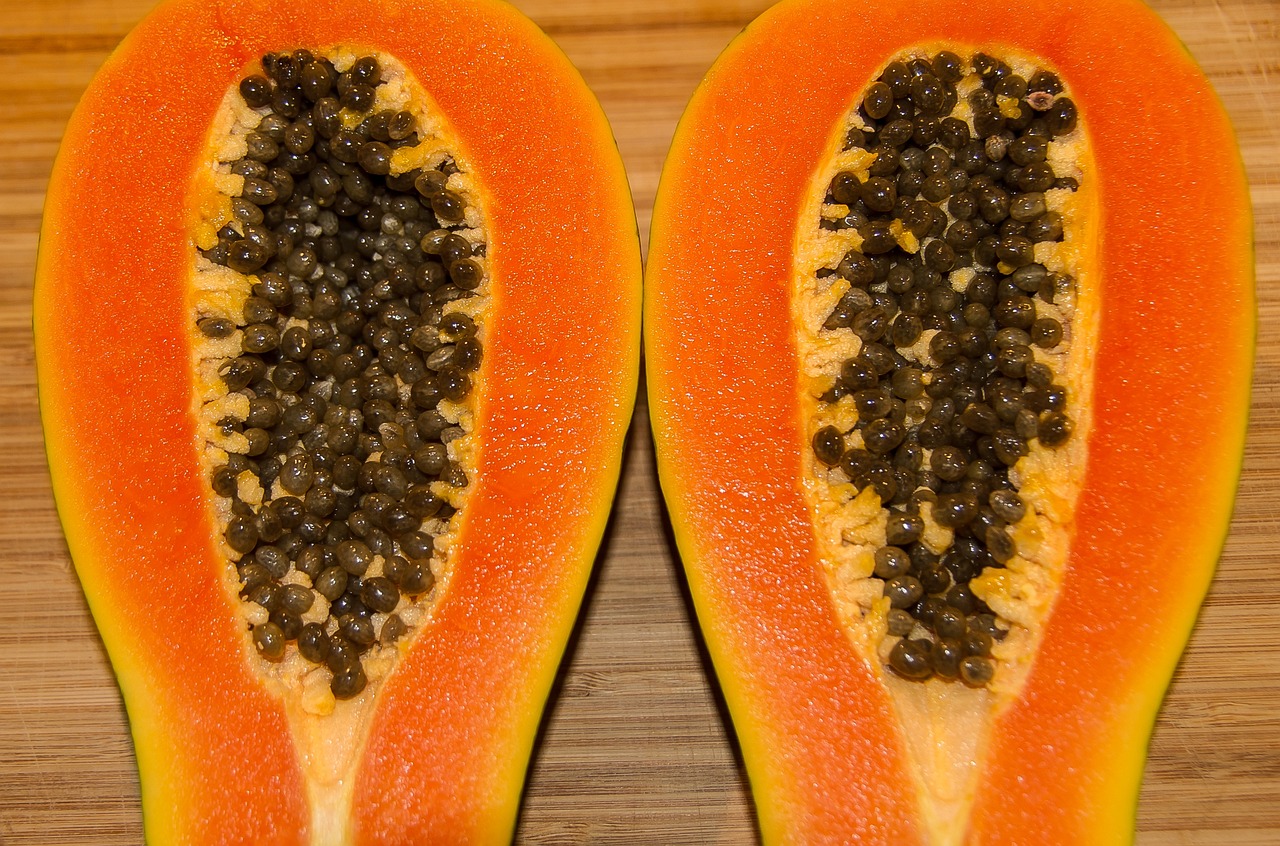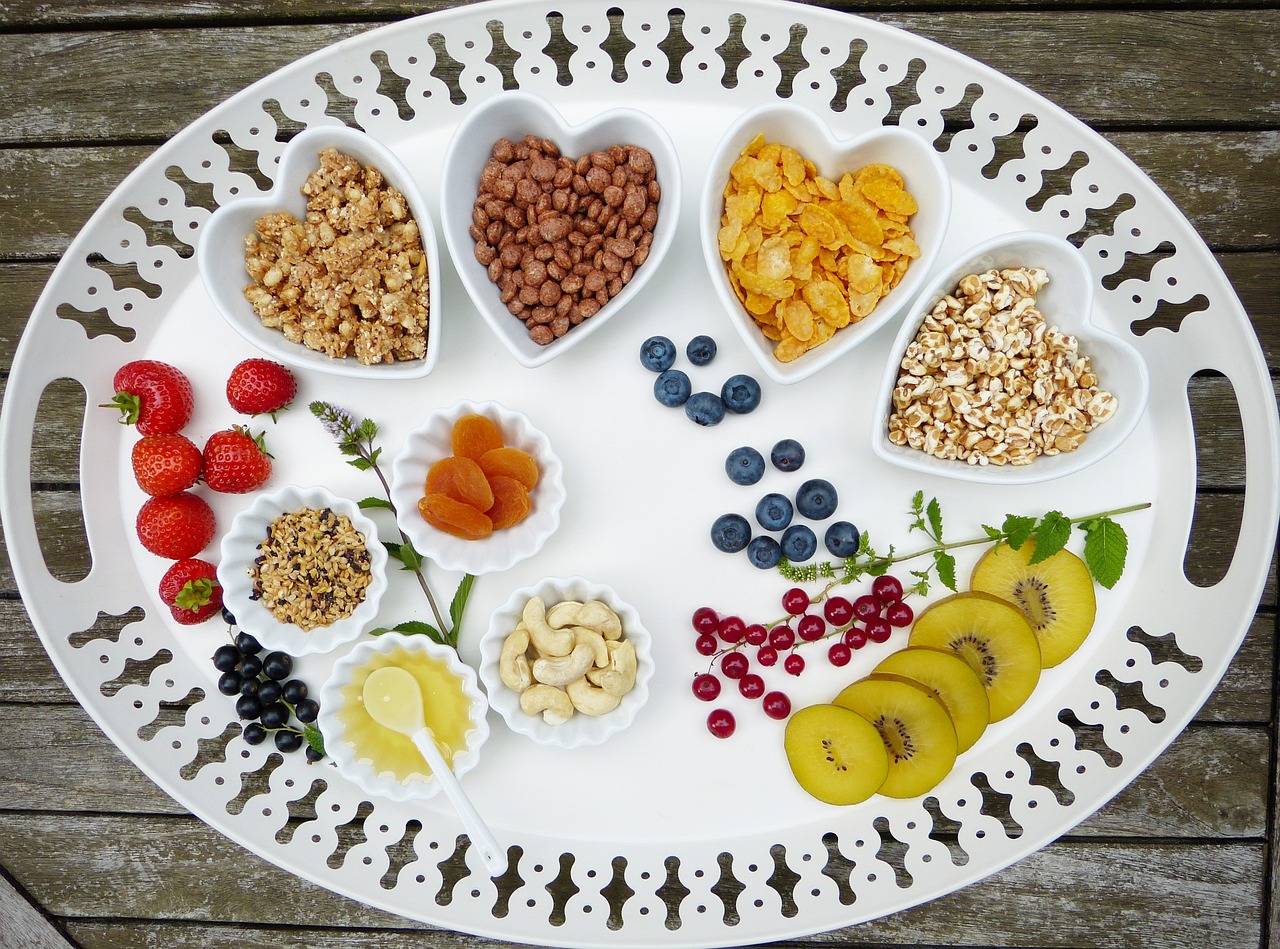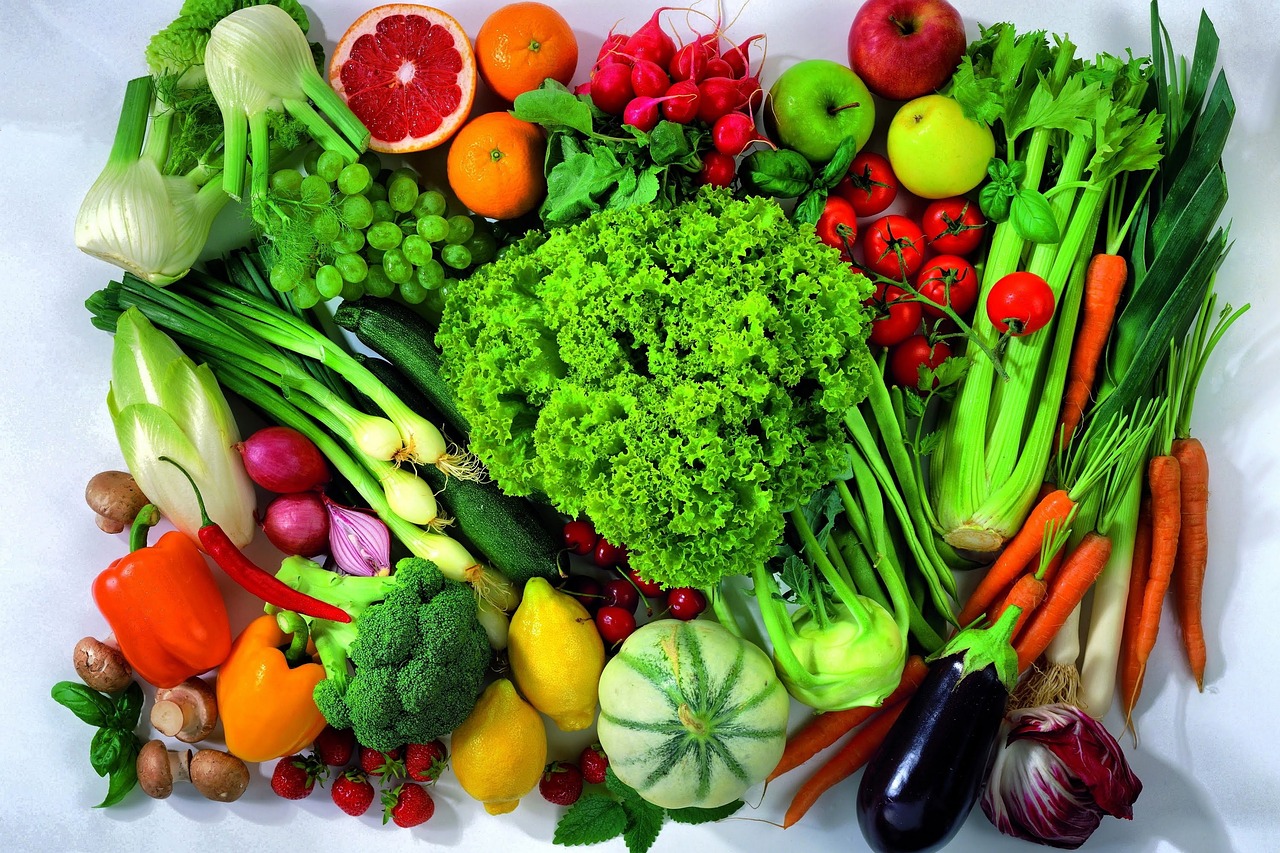Recent research from the National Health and Nutrition Examination Survey (NHANES) sheds light on the nutritional benefits of including mangos in diets, particularly for women of childbearing age (WCA). Published in Nutrients, the study underscores how integrating mangos into the diet of WCA significantly enhances overall diet quality and increases essential nutrient intake crucial for healthy pregnancies. These nutrients, often lacking in the diets of pregnant women by 10-30%, experience a notable uptick with mango consumption.
Kristin Fulgoni, co-author of the study, emphasizes the importance of diet in preventing health conditions like gestational diabetes and hypertension in pregnant women. Mangos emerge as a healthful addition due to their rich nutrient profile, contributing vital elements such as fiber, folate, magnesium, potassium, and vitamin E, all linked to reducing the risk of pregnancy-related ailments.
Analyzing data from 16,744 women aged 15-44 from NHANES spanning 1988-1994 to 1999-2018, researchers utilized the Healthy Eating Index (HEI) to gauge diet quality based on adherence to the 2020 Dietary Guidelines for Americans (DGA). Results revealed a 16% increase in HEI scores among WCA who included mangos in their diets compared to those who did not.
This dietary improvement is attributed partly to the disparity in nutrient intake between the two groups. Mango consumers exhibited significantly higher consumption of beneficial nutrients and lower intake of undesirable ones. Notable differences include substantial increases in vitamin C, fiber, vitamin E, folate, magnesium, and potassium, alongside decreases in added sugars, saturated fat, and total fat.
The study also examined older Americans (aged 60 and above), revealing similar trends among mango consumers, with a 13% higher HEI score and favorable nutrient intake patterns. Interestingly, older mango consumers tended to have a higher proportion of individuals identifying as vegetarian/vegan, potentially explaining the lower nutrient intakes typically associated with animal products.
Leonardo Ortega, PhD, Research Director at the National Mango Board, emphasizes the significance of these findings in diversifying diets and improving nutrition equity, particularly in a culturally diverse nation where mangos hold a significant culinary heritage.
While the study benefits from a robust analysis of NHANES data over multiple cycles, limitations exist, including the observational nature of the analysis, reliance on dietary recalls, and the relatively low percentage of mango consumers in the U.S. population. Nonetheless, these findings contribute to a growing body of evidence supporting the nutritional advantages of incorporating mangos into diverse diets, particularly for women of childbearing age and older adults.










